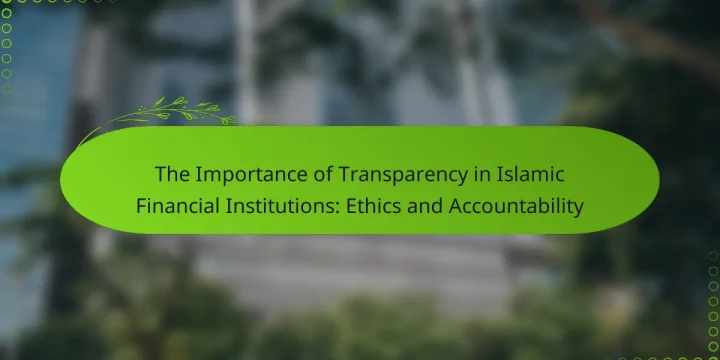
What is the Role of Community Engagement in Ethical Compliance within Islamic Finance? Community engagement plays a crucial role in ethical compliance within Islamic finance. It fosters transparency and accountability among financial institutions. Engaging the community helps ensure that financial practices align with Islamic principles. This alignment is essential for maintaining trust and credibility. Community feedback can guide institutions in ethical decision-making. Additionally, it promotes awareness of Sharia-compliant practices. Studies highlight that institutions with strong community ties are more likely to adhere to ethical standards. Thus, community engagement enhances ethical compliance in Islamic finance significantly. How does community engagement influence ethical compliance in Islamic finance? Community engagement significantly influences ethical compliance in Islamic finance. Engaged communities promote adherence to Sharia principles. This interaction fosters transparency and accountability among financial institutions.…








